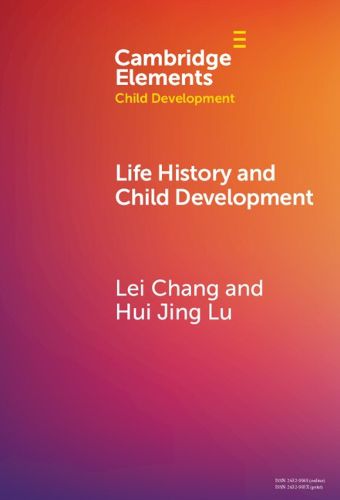Readings Newsletter
Become a Readings Member to make your shopping experience even easier.
Sign in or sign up for free!
You’re not far away from qualifying for FREE standard shipping within Australia
You’ve qualified for FREE standard shipping within Australia
The cart is loading…






The biological life history (LH) theory has been increasingly utilized in psychology, especially in developmental psychology. However, there has not been a comprehensive text on the topic that also addresses applications in psychology. The present Element fills this void. Organized into three sections, it initially delineates and explains the species-general concepts and principles forming LH theory, emphasizing that, although derived from observations between species, they can be used to explain individual differences within human populations. Grounded in the assumption of phenotypic plasticity, subsequent LH research conducted in psychology covers a wide range of cognitive and social behavioral domains. This body of LH research is discussed next. The Element concludes by presenting four broad recommendations, which, comprising one quarter of the total content, provide specific directions for future LH research in psychology.
$9.00 standard shipping within Australia
FREE standard shipping within Australia for orders over $100.00
Express & International shipping calculated at checkout
The biological life history (LH) theory has been increasingly utilized in psychology, especially in developmental psychology. However, there has not been a comprehensive text on the topic that also addresses applications in psychology. The present Element fills this void. Organized into three sections, it initially delineates and explains the species-general concepts and principles forming LH theory, emphasizing that, although derived from observations between species, they can be used to explain individual differences within human populations. Grounded in the assumption of phenotypic plasticity, subsequent LH research conducted in psychology covers a wide range of cognitive and social behavioral domains. This body of LH research is discussed next. The Element concludes by presenting four broad recommendations, which, comprising one quarter of the total content, provide specific directions for future LH research in psychology.